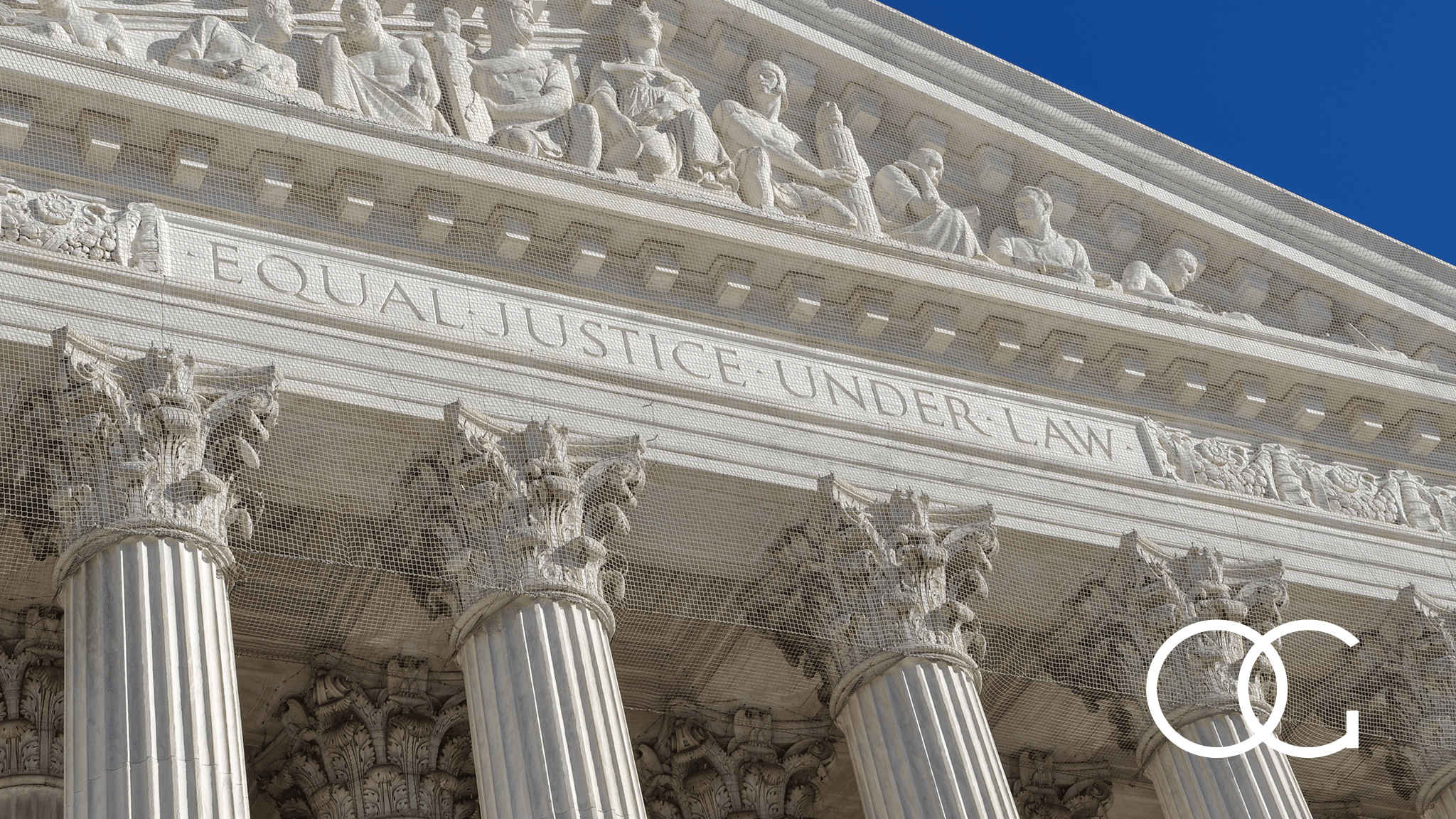On May 22, 2023, the California Supreme Court issued a ruling that strengthened California’s broad whistleblower protections under California Labor Law Section 1102.5 by ensuring that whistleblowers who report suspected violations of law to their supervisors are protected even if their bosses already know about the misconduct.
The case before the Court, The People ex rel. Lilia Garcia-Brower v. Kolla’s, Inc., clarified two important and related aspects of California’s whistleblower laws. First, it reaffirmed that California law protects whistleblowers who raise concerns about violations of law to their employers, and not just those who report to the government. This makes sense because, according to the SEC’s 2021 Annual Report to Congress, 75% of whistleblowers who received rewards under the Dodd-Frank’s SEC whistleblower program first reported their concerns internally or knew that their company was aware of the violations before going to the government.
Second, the California Supreme Court held that California whistleblower protections apply even if a whistleblower raises concerns about misconduct that their employer is already aware of. This also makes sense because, as the Court pointed out, California’s legislature meant to protect whistleblowers who try to correct wrongdoing internally. Excluding someone from anti-retaliation protection merely because their employer already knew about the misconduct would be inconsistent with the law’s purpose.
California is not alone in protecting internal whistleblowers. Other states, like New York and Virginia, also have expansive whistleblower protection laws that protect internal reporting. But not every whistleblower law operates in the same way. For example, federal whistleblower protections under the Dodd-Frank law, which protect whistleblowers disclosing violations of federal securities and commodities laws, only apply to individuals who report to the government.
And while whistleblowers who report violations of law internally may be protected from retaliation under California, New York, Virginia, and other states’ laws, most whistleblower reward laws, like the False Claims Act, which provides a reward for whistleblowers who report fraud on the government, do not require that a whistleblower first report to their employer.
Navigating the complex set of whistleblower protections and incentives is no easy task. If you have identified wrongdoing by your employer, consulting with an experienced whistleblower attorney can help you better understand your rights. If you are thinking about becoming a whistleblower, you can contact attorneys at Outten & Golden’s whistleblower and retaliation practice. We have attorneys in New York, California, DC, and handle employment matters nationwide.


